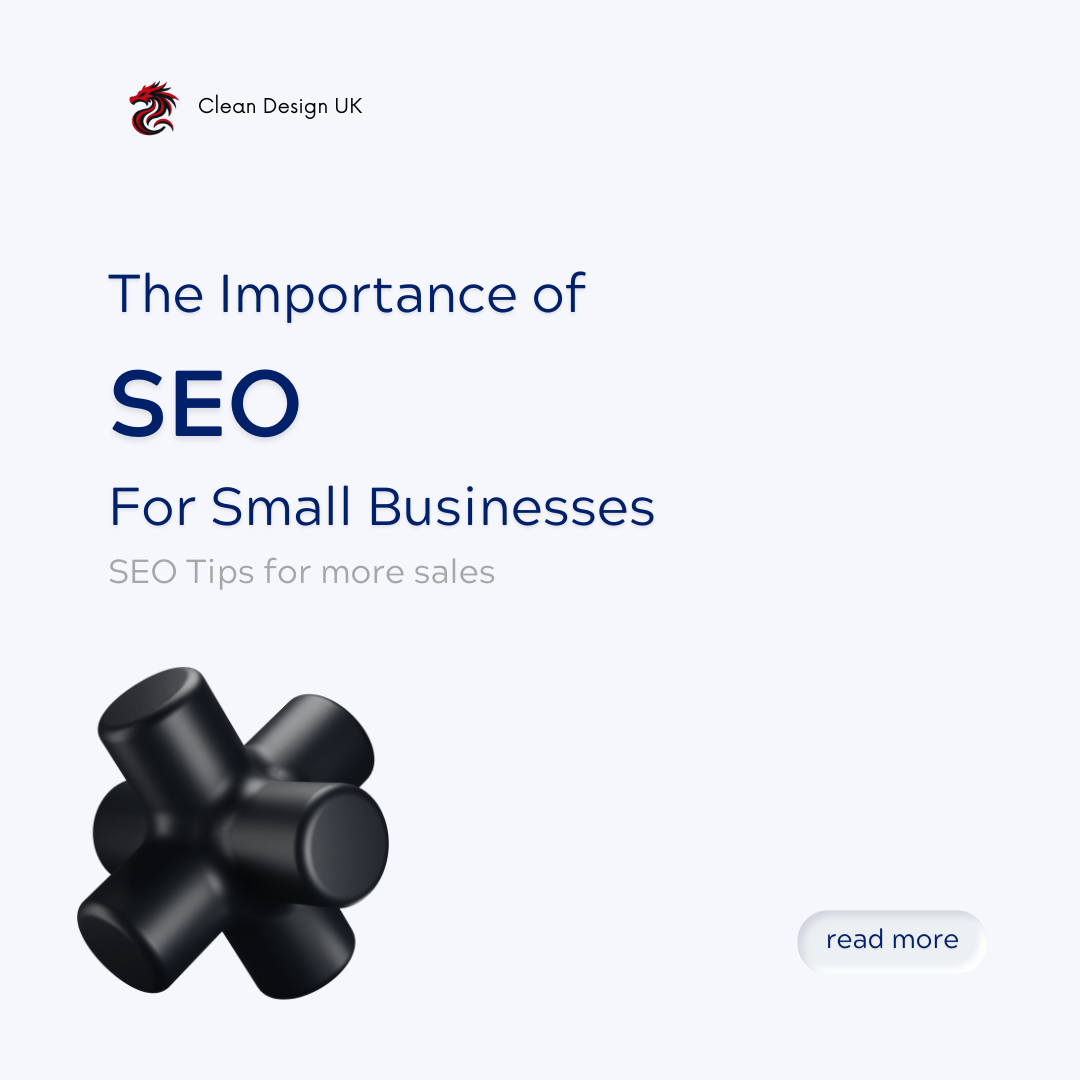Best SEO Companies for Small Businesses: Unlock Your Business's Full Potential
Discover how partnering with the right SEO company can skyrocket your small business's online presence and drive unprecedented growth.
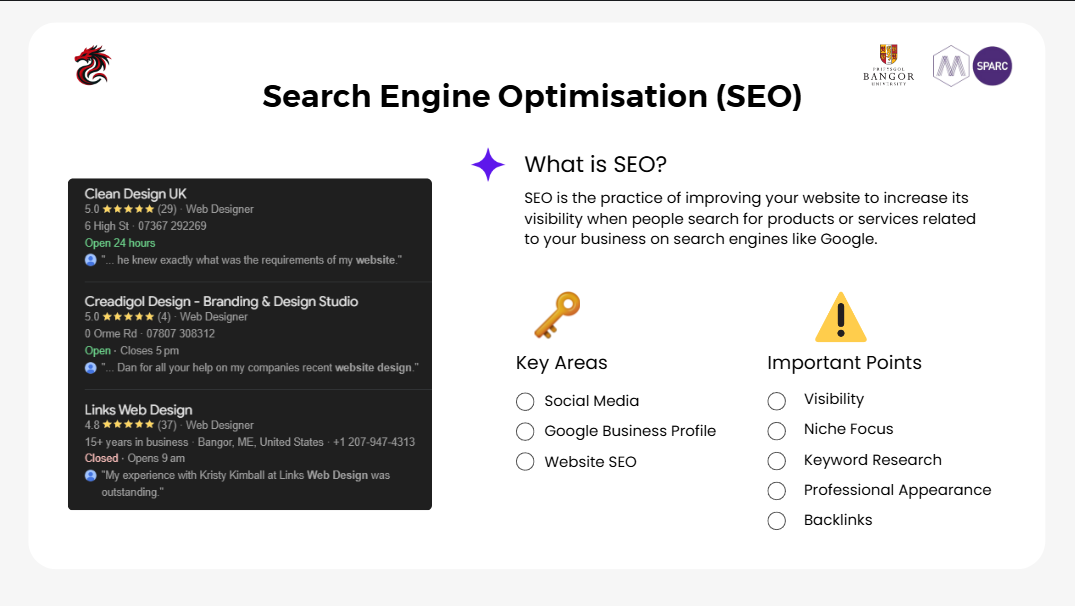
In today's digital age, having a strong online presence is not just beneficial—it's essential. For small businesses aiming to compete with larger corporations, leveraging Search Engine Optimization (SEO) is a game-changer. But to truly harness the power of SEO, partnering with the best SEO company for small businesses is crucial. This guide will help you understand why SEO is vital and how CleanDesignUK can be your ideal partner in achieving online success.
Why SEO Matters for Small Businesses
SEO is more than just a marketing buzzword; it's a fundamental component of any successful online strategy. Here's why SEO is indispensable for small businesses:
- Increased Visibility: SEO helps your website rank higher on search engine results pages (SERPs), making it easier for potential customers to find you.
- Cost-Effective Marketing: Compared to traditional advertising, SEO offers a higher return on investment by targeting users actively searching for your products or services.
- Building Credibility: High search rankings signal trust and authority, enhancing your brand's reputation.
- Better User Experience: SEO involves optimizing your site for speed, mobile responsiveness, and user-friendly navigation.
For a deeper understanding, read our comprehensive article on Why Website Maintenance is Essential for Your Business.
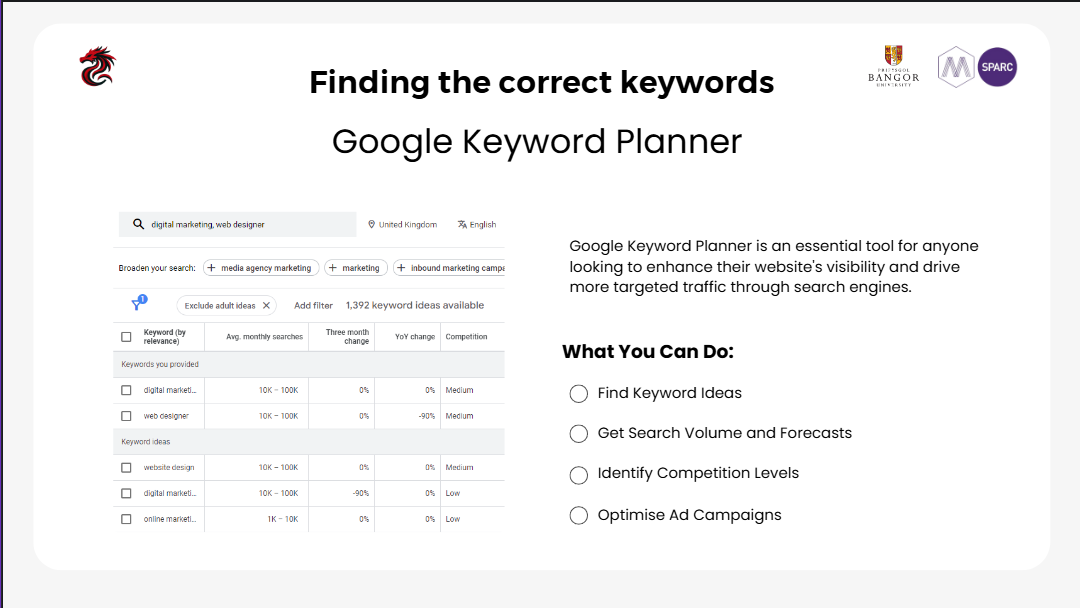
How to Choose the Right SEO Company
Selecting the best SEO company can be daunting. Here are essential factors to consider:
1. Proven Track Record
Examine the company's portfolio and case studies to assess their success in improving clients' rankings and traffic.
2. Customized Strategies
Avoid agencies that offer one-size-fits-all solutions. Your business is unique, and your SEO strategy should reflect that.
3. Transparency and Communication
Open communication and regular reporting are crucial for tracking progress and making informed decisions.
4. Ethical SEO Practices
Ensure the company follows white-hat SEO techniques to avoid penalties from search engines.
For additional tips, explore our article on 5 Essential Tips for a Successful Website.
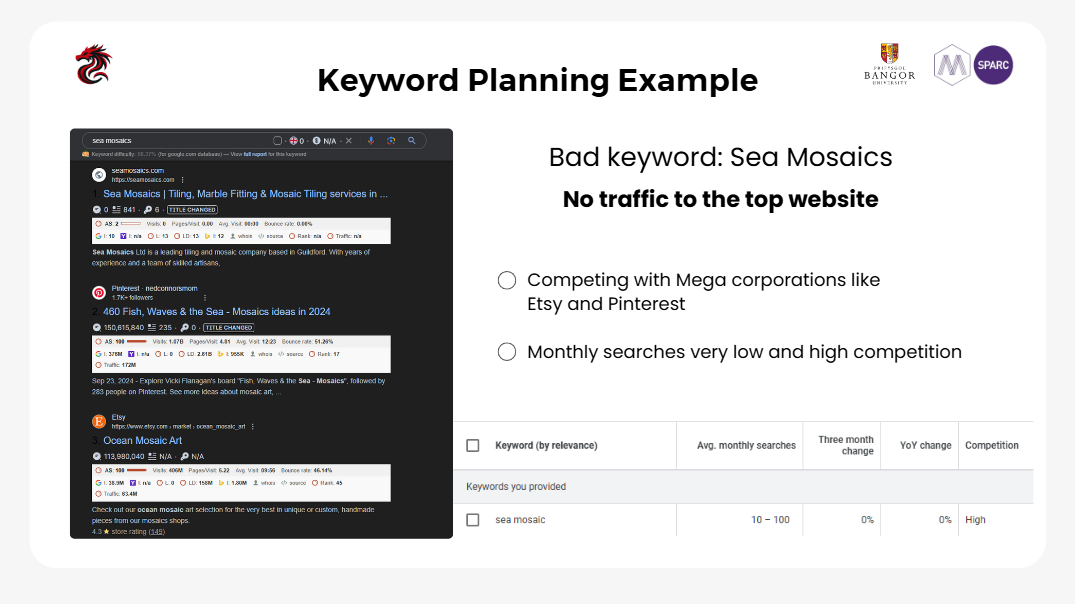
The CleanDesignUK Advantage
At CleanDesignUK, we pride ourselves on being one of the best SEO companies for small businesses. Here's what sets us apart:
Personalized SEO Strategies
We tailor our SEO solutions to meet your specific business goals, ensuring maximum ROI.
Experienced Team of Experts
Our team stays ahead of industry trends to provide cutting-edge SEO techniques.
Transparent Reporting
We provide detailed monthly reports, so you're always informed about your site's performance.
Comprehensive Services
From on-page optimization to technical SEO and content marketing, we've got you covered.
Discover more about our offerings on our Services page.
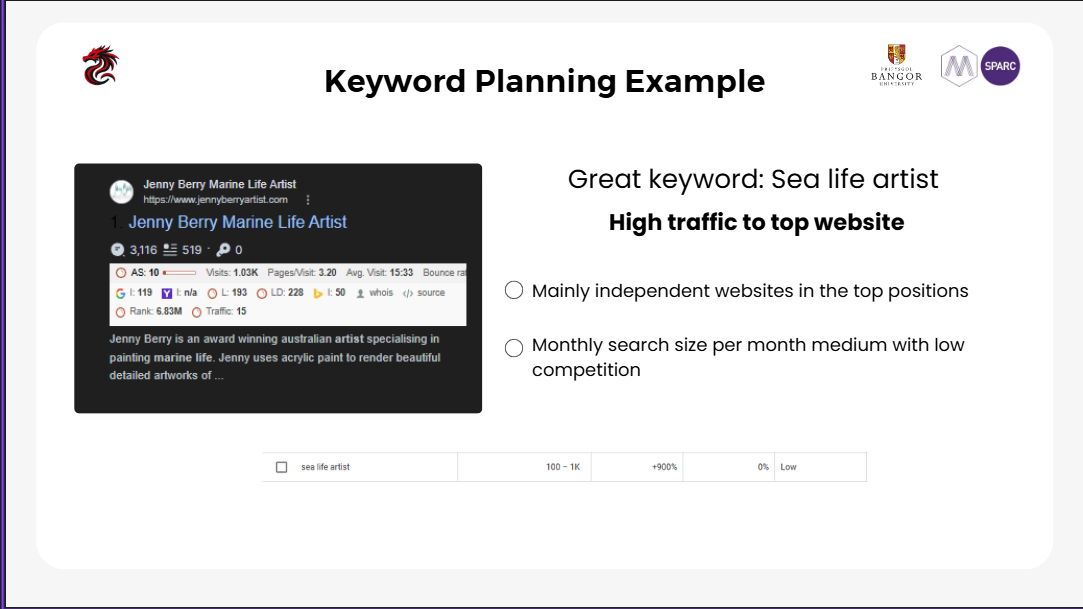
Success Stories
We have a proven track record of helping small businesses achieve remarkable results. Here are some success stories:
"CleanDesignUK transformed our online visibility. Within six months, our organic traffic increased by 200%, and we saw a significant boost in sales."
— Sarah L., Owner of a Boutique Shop
"Their personalized approach and dedication set them apart. Our website now ranks on the first page for all our major keywords."
— Michael T., CEO of a Tech Startup
View more of our success stories in our Project Gallery.
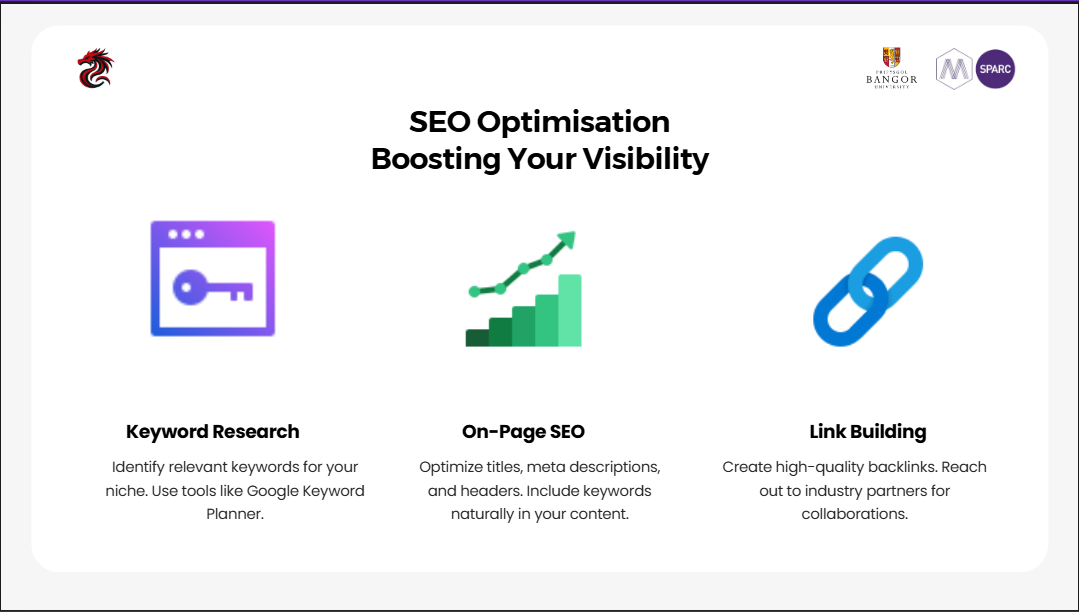
Ready to Elevate Your Business?
Don't let your small business blend into the background. Partner with CleanDesignUK and unlock your business's full potential.
Contact Us Today